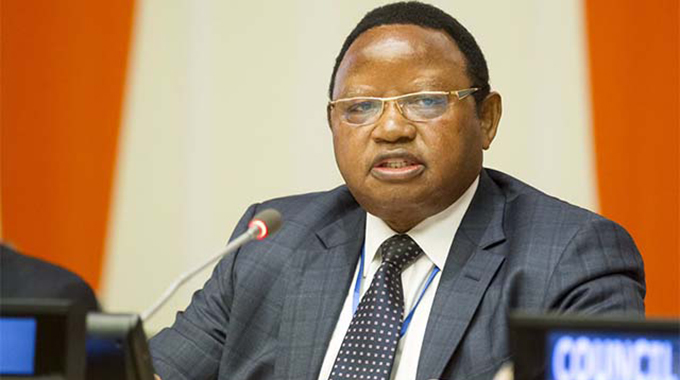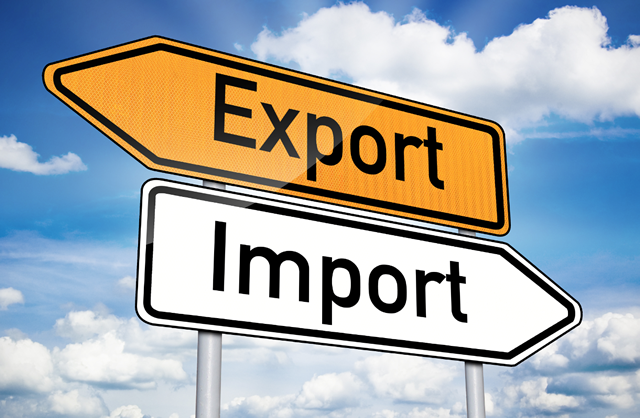‘Conflict-induced digital shutdowns lawful’

Herald Reporter
Shutting down the internet during conflicts by governments across the globe is justified to prevent digital platforms and social media from spreading propaganda and fake news which might result in bloodshed, Information, Publicity and Broadcasting Services Minister Monica Mutsvangwa has said.
She said it would be irresponsible for a government not to shut down internet, lest there might be cyber coordinated violence, hence the need to balance the right to information and the desire to protect lives.
Minister Mutsvangwa was responding to enquiries during an Internet Governance Forum which ended in Addis Ababa, Ethiopia, yesterday.
“Shutdowns during conflicts could be an attempt by governments across the world to prevent the use of digital platforms and social media to spread propaganda and fake news, which may result in more bloodshed, loss of life, and even genocide,” said Minister Mutsvangwa.
“Of course, most governments in the (global) south need both institutional and human capacity to deal with digital platforms in times of conflict. But again, even where policies, laws, and regulations are in place.
“There is need to maintain connectivity and free access at all times but balancing the right of the population to digital access and the right of the population to safety and peace.”
Minister Mutsvangwa said in Zimbabwe’s case, failing to shut down the internet would have been a “total act of irresponsibility on the part of the State”.
“What is the value of allowing cyber coordinated violence in order to earn credits for being democratic by nations pushing a regime change agenda through an opposition party on the payroll of their budgets?
“Digital rights must not culminate in the violation of other rights. Like any other rights, digital rights must not be abused to the point of limiting other citizens from enjoying protection from the state.
“In the same vein, enjoyment of a particular right must not be a strain on the rights of other individuals,” said Minister Mutsvangwa.
The State, she said, has the prerogative to guarantee maximum security to private property from political hooliganism and all forms of irrationality it takes.
She said there was need for broad-based consensus among multilateral players to find common points of convergence to treat the issue of digital rights as a human rights issue.
“Therefore, there is need for convergence on the common basics to ensure that issues of e-governance, e-finance, e-health are accessible to all. Therefore, the Internet Governance Forum should be that hub for establishing our shared digital solidarities especially nations from the Global South, given their shared experiences and positioning in the global digital political-economy,” she said.
Responding on whether there has been digital colonialism and possibly its effect, Minister Mutsvangwa said while Global South had been catching up on digital technology, there had been standard “takers” and not “standard makers.”
“However, that culture of being standard takers’ instead of being standards makers’ should motivate the Global South to seek alternative strategies in the area of digital transformation. This has been noted in the way countries like China, India and Iran have taken a leading role in this respect,” Minister Mutsvangwa.







Comments